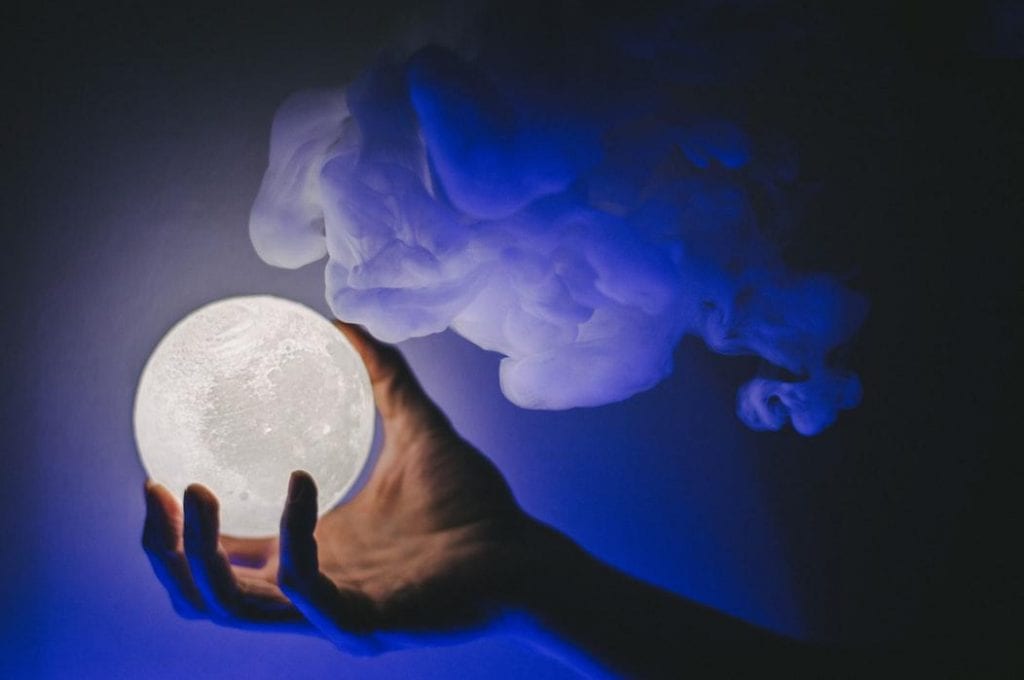To continue with our series of articles on “blue symbolism”, we try to understand the meaning and origin of the phrase – “Blue Blood”. As all of us commonly know, “blue blood” is associated with royalty and aristocracy. But, how did this usage come into currency? Let’s learn below.
Origin of the Phrase “Blue Blood”
The English phrase “blue blood” is a direct translation of the Spanish expression “sangre azul”. The term was used to denote the oldest and proudest families of Castile, who maintained that they had never had any relations with the Moor, Jews or other races that controlled the countries. As a mark of this purity of blood, they would point out the veins on their arms, which were bluer than those of these other foreigners. Of course, their fair-skinned complexion helped make these blue veins more prominent, as compared to the darker complexioned Moors and other countryfolk. These Castile families, however, chose to overlook this scientific explanation and preferred to perceive blue symbolism as a mark of pure breeding. It is how “blue blood” came to be used in relation to nobility and high-birth.
Intermarriages between the Spanish people and the Moors produced dark-skinned children. Residents of the Castile looked down upon them and chose to isolate themselves deliberately in the mountains. Not only did they set themselves apart geographically, the Spanish aristocracy also deliberately stayed away from the Sun to preserve their light complexion. Dark complexion was believed to be a sign of inferiority and they were careful not to let their skin darken.
Other Possible Explanations for the Cause of “Blue Blood”
Some scientists have said that the blue cast skin commonly found in the European nobility was a result of the peculiar condition, Argyria. Argyria results from silver particulate matter depositing under the skin after being consumed, unable to find its way out. In the older days, most utensils used by the nobility were made of silver. It is possible that this is how silver particles were ingested. Alternatively, silver was also used in medicine and only the noblemen and women had the riches to be able to afford medicine. Another idiom comes to mind in relation to “blue blood” in this context – “born with a silver spoon in their mouth”. When perceived together, they explain well how the blue symbolism of blue blood came to refer to royals.
Argyria is very rarely reported in the modern world. After all, how many people can afford to dine out of silver cutlery daily anymore?
Earliest Record of the Phrase in English Language
The phrase “blue blood” was believed to have entered the English language around the 19th century.
In 1811, an English publication stated that the noble classes of Valencia were divided further into three sub-classes – blue blood, red blood and yellow blood.
In 1834, Maria Edgeworth, the Anglo-Irish children’s writer published a novel titled “Helen” where she used the phrase “blue blood” and reiterated the blue symbolism of the phrase. She wrote – “..from Spain, of high rank and birth, of the sangre azul, the blue blood.”
In 1880, when Anthony Trollope used the phrase “blue blood” in his novel, “The Duke’s Children”, the phrase had already become popular. So had the blue symbolism associated with the expression. He wrote – “It is a knowledge which the possession of the blue blood itself produces”.
All through Europe, being of “blue blood” came to signify the difference between upper and lower classes. The blue symbolism attributed to the phrase grew from the complexion difference between individuals who sported fair and marble skin with bright blue veins and those with tanned skin from hours spent toiling outdoors under the Sun.
The blue symbolism of the expression blue blood caught on so much that artists of the time began painting portraits of noblewomen with turquoise blue veins. It was also an acceptable compliment for gentlemen suitors to pay the ladies they were courting. Blue blood was a desired mark among the public, which drew a parallel of possessing visible blue veins with nobility and class rank.
How Times Have Changed
While the expression “blue blood” still continues to be used, although considered formal and archaic. You will hardly find anybody looking favorably upon blue veins prominently visible on the skin.
Even individuals birthed into nobility no longer concern themselves with maintaining fair skin, if they have been born with it. They trust in other ways of displaying their rank, if at all.
Excessively visible blue veins on your skin is thought to be indicative of poor circulation. It is often a sign that the person suffers from Raynaud’s Disease.

Have You Been Called “Blue Blooded”? You Should Feel Proud!
While nobility may no longer hold as much sway over public perception anymore, “blue blood” is still thought of as a positive expression. If somebody called you “blue-blooded”, they most definitely did so in praise. You should feel proud.
The phrase “blue blood” may have confused you with its associations with royalty, but we hope that the linkage and blue symbolism is clear to you now. It is true that purple is the color most often associated with kings and queens, but blue too, is just as commonly used to denote royal status.
Why wouldn’t it? The phrase “blue blood” has continued to remain in usage in English even after all these centuries. It might not be politically correct to discriminate over skin complexion and color anymore, but the associations with the term “blue blood” have stayed intact.
If you had found yourself confused in attempting to trace back the expression to its origins and not finding any English history on it, it is because you were looking in the wrong place. “Blue blood” is a Spanish loan phrase that entered the English language in the early 19th century and rose to popularity by the end of it.
Idioms contain rich history and symbolism, as do colors. The idiom ‘of blue blood” is a beautiful example of the color blue symbolism and a rich origin history. Our language is bountiful in many such colorful words and phrases, which add to its overall beauty and appeal.




